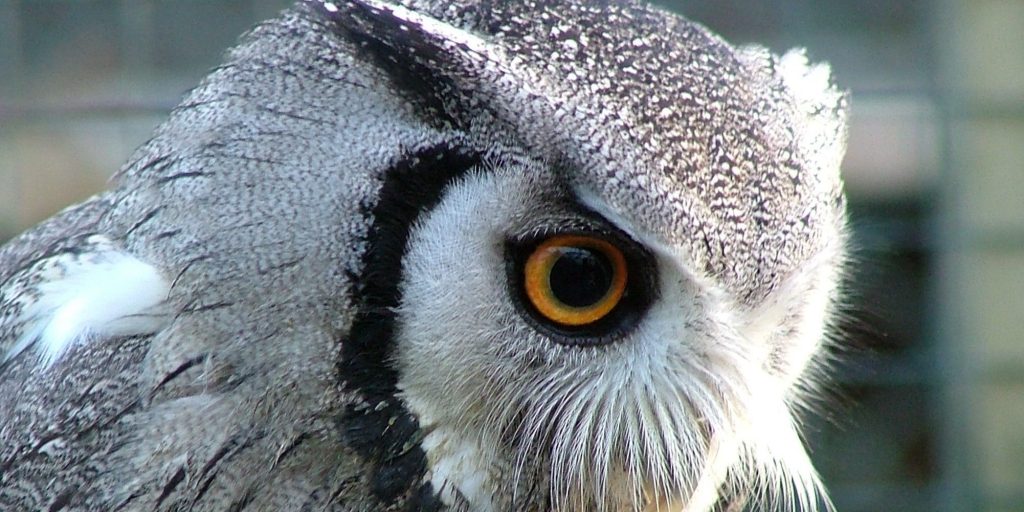Owls, those enigmatic denizens of the night, have long captured our imaginations. Their silent flight, piercing gaze, and haunting calls evoke a sense of mystery and awe. It’s no wonder that some individuals harbor a desire to share their lives with these magnificent creatures. However, the impulse to adopt an owl should be tempered with a thorough understanding of the responsibilities and realities involved. Owning an owl isn’t like owning a cat; it’s akin to becoming a steward of a wild spirit.
Legality: Navigating the Labyrinth of Regulations
Before even considering bringing an owl into your home, the first, and arguably most crucial, step is to delve into the legal landscape. Regulations surrounding owl ownership vary dramatically depending on your geographic location. In many jurisdictions, owning an owl is strictly prohibited without specific permits or licenses. These regulations are in place to protect owl populations and prevent their exploitation.
Think of these regulations as a protective barrier, shielding owls from potential harm and ensuring their conservation. Ignoring these legal strictures can result in hefty fines, confiscation of the bird, and even criminal charges. It is your responsibility to meticulously research and comply with all applicable laws, both at the federal, state, and local levels. Contact your local wildlife authorities or environmental agencies to ascertain the specific requirements in your area. Failure to do so could turn your dream of owl ownership into a legal quagmire.
Ethical Considerations: A Moral Compass for Prospective Keepers
Beyond the legal ramifications, ethical considerations should weigh heavily on your decision. Owls are not domesticated animals; they are wild creatures with complex needs and instincts. Confining an owl to a domestic environment can have detrimental effects on its physical and psychological well-being.
Imagine the boundless expanse of the night sky, the natural hunting grounds for an owl, reduced to the confines of a cage or aviary. The ability to hunt, to fly freely, to engage in natural behaviors – these are fundamental aspects of an owl’s existence. Depriving them of these necessities can lead to stress, behavioral problems, and a diminished quality of life. Therefore, ask yourself, can you genuinely provide an environment that meets the ethical requirements of an owl?
Housing Requirements: Constructing a Sanctuary
If you’ve navigated the legal and ethical hurdles, the next step is to assess your ability to provide suitable housing. Owls require spacious aviaries that allow them to fly, perch, and engage in natural behaviors. The aviary must be constructed from durable materials and designed to prevent escape. The size of the enclosure will depend on the species of owl, but generally, larger is better.
This isn’t just about building a cage; it’s about creating a sanctuary, a space where the owl can feel safe, secure, and as close to its natural habitat as possible. The aviary should include a variety of perches, nesting boxes, and opportunities for enrichment. Consider the climate in your area and ensure that the aviary provides adequate protection from the elements. Proper ventilation, temperature control, and protection from predators are all essential considerations.
Dietary Needs: Replicating the Cycle of Life and Death
Owls are obligate carnivores, meaning their diet consists exclusively of meat. In the wild, they consume a variety of prey, including rodents, birds, and insects. Replicating this natural diet in captivity can be challenging. You’ll need a reliable source of fresh or frozen prey, such as mice, rats, or chicks. Feeding owls commercially available pet food is not an option, as it lacks the necessary nutrients and indigestible components like bone and fur, essential for proper digestion and the formation of healthy owl pellets.
Think of each feeding as a reenactment of the ancient cycle of life and death. It requires meticulous attention to detail, ensuring that the prey is appropriately sized and nutritionally balanced. You’ll also need to be prepared to handle and store frozen prey, which can be unpleasant for some individuals. Maintaining a proper diet is crucial for the owl’s health and longevity.
Veterinary Care: A Commitment to Lifelong Well-being
Owls, like all animals, are susceptible to a variety of health problems. Finding a veterinarian with experience in avian medicine, particularly with raptors, is paramount. Routine check-ups, vaccinations, and prompt treatment of illnesses are essential for maintaining the owl’s health. Be prepared to travel long distances to find a qualified veterinarian and to incur potentially significant veterinary expenses. Furthermore, understanding owl-specific ailments, from aspergillosis to parasitic infestations, is crucial for proactive care.
Time Commitment: A Bond Forged in Dedication
Owning an owl is not a casual endeavor; it demands a significant time commitment. Daily cleaning of the aviary, preparing food, monitoring the owl’s health, and providing enrichment activities all require substantial time and effort. Owls are not low-maintenance pets; they require constant attention and care. Consider your lifestyle and schedule carefully before acquiring an owl. Are you prepared to dedicate the necessary time and energy to ensure its well-being? A neglectful owner equates to a diminished life for the owl.
A Final Admonition
Adopting an owl is a profound decision, one that should not be taken lightly. It requires a deep understanding of their needs, a unwavering commitment to their well-being, and the resources to provide them with a suitable environment. If you are unable to meet these requirements, admire these magnificent creatures from afar. Their place is in the wild, soaring through the night sky, not confined to a cage. Consider supporting owl conservation efforts instead, ensuring that future generations can marvel at their untamed beauty.
